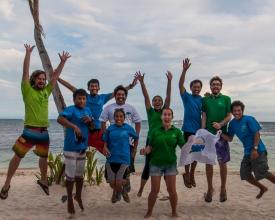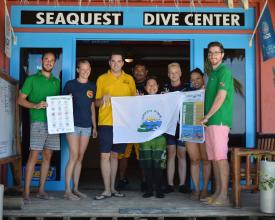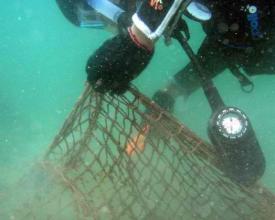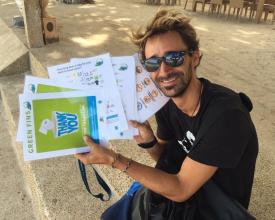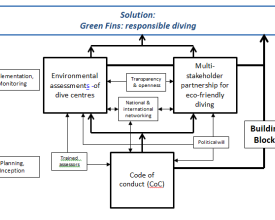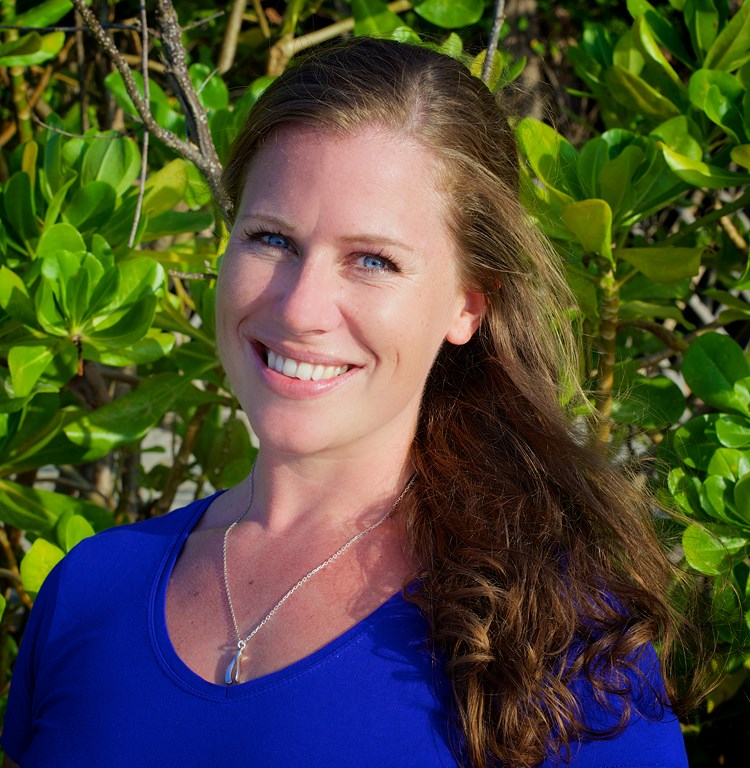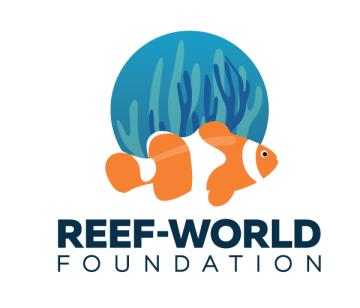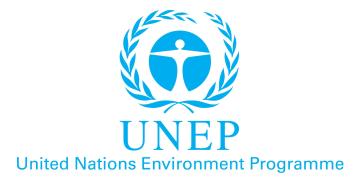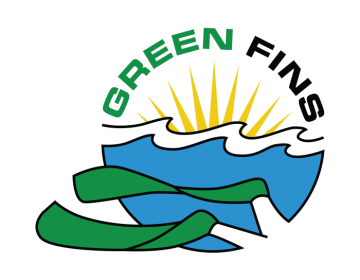
Aletas Verdes: Un enfoque para gestionar una industria del buceo sostenible
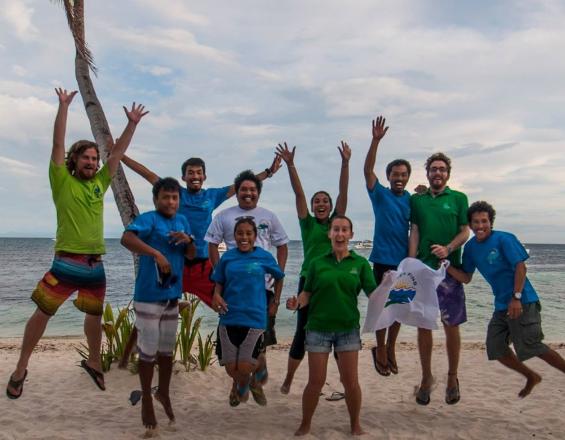
Contexto
Défis à relever
Ubicación
Procesar
Resumen del proceso
El código de conducta (building block 1) define los criterios para la evaluación medioambiental de los centros de buceo (building block 2). Para lograr una concienciación y unas prácticas respetuosas con el medio ambiente, las asociaciones de múltiples partes interesadas (building block 3) garantizan la participación y el compromiso de la industria del buceo, las comunidades y las partes interesadas con intereses en otros usos del medio marino en juego. Evaluadores cualificados de organizaciones internacionales, nacionales y locales hacen posible la promoción y adopción del código de conducta (building block 1) y su aplicación continua (building block 2), incluido el seguimiento a largo plazo de la salud de los arrecifes de coral y otros hábitats afectados. Un diálogo transparente y abierto entre todas las partes interesadas garantiza la adopción del código de conducta en la práctica cotidiana, los marcos jurídicos y el mecanismo de aplicación. La voluntad política, que se aplica a todas las etapas, es un factor clave para lograr la solución. La creación de redes nacionales e internacionales es un motor para la cooperación sostenible y la conducta ambientalmente responsable de la industria del buceo.
Bloques de construcción
Código de conducta
Factores facilitadores
Lección aprendida
Evaluación medioambiental de los centros de buceo
Factores facilitadores
Lección aprendida
Asociación multilateral para un buceo respetuoso con el medio ambiente
Factores facilitadores
Lección aprendida
Impactos
Beneficiarios
Objetivos de Desarrollo Sostenible
Historia
En 2009, el Departamento de Parques Marinos de Malasia (DMPM) invitó a Reef-World a llevar a cabo un trabajo de investigación en Pulau Tioman (Malasia) para ayudar a implantar las Aletas Verdes con el fin de reducir las amenazas a los arrecifes de coral causadas por el aumento del turismo de buceo y snorkel. En abril de 2014 volvimos a Tioman para restablecer Green Fins y formar a un nuevo equipo local en el marco de una nueva asociación entre el gobierno (DMPM) y una ONG -Reef Check Malaysia (RCM). Este viaje fue un verdadero testimonio del éxito de Green Fins, ya que los centros de buceo que habían participado en el proceso de formación y evaluación de Green Fins en 2009 seguían aplicando las mejores prácticas, reduciendo así su impacto ambiental. Como resultado, otros siete centros de buceo se han convertido en miembros de Green Fins. Los que ya eran miembros fueron reevaluados y ahora trabajan para reducir aún más sus amenazas medioambientales. El enfoque ha tenido un impacto drástico en la concienciación y la mejora de la educación sobre las amenazas que rodean Tioman y cómo pueden mitigarse. Desde el inicio de Green Fins hemos registrado muchos éxitos, como la eliminación de la información en el sitio web de DMPM que animaba a alimentar a los peces, un restaurante dejó de servir sopa de aleta de tiburón y ahora hay un lugar central para desechar las pilas de un solo uso de las inmersiones nocturnas en lugar de quemarlas o enterrarlas. Alvin Chelliah fue uno de los asesores en prácticas de Green Fins y ahora dirige las actividades de Green Fins en Tioman como complemento a su trabajo con RCM. "Green Fins va a unir todas las cuestiones medioambientales. Pertenece a todas las partes interesadas, así que la gente estará mucho más dispuesta a apoyar estos esfuerzos porque se sienten parte de ello", afirma. Creó un sistema de reciclaje que cuenta con el apoyo del sector del submarinismo, los hoteles locales y las comunidades. Se encarga de que un barco recoja los materiales reciclables y los beneficios de las ventas se utilizan para cubrir todos los gastos. Durante las consultas iniciales, uno de los propietarios de centros de buceo de la isla dijo que "recordaba a Green Fins pero había perdido la esperanza de volver a ver a alguien, pero no importa porque me dieron todo lo necesario para seguir las directrices". Así pues, si se les dan las herramientas adecuadas, algunos centros de buceo pueden aplicar prácticas medioambientales eficaces en sus operaciones. Sin embargo, se observa que el sistema de evaluación es más eficaz para inspirar mejoras duraderas en las prácticas medioambientales de todos los representantes de los centros de buceo de un destino de buceo.

